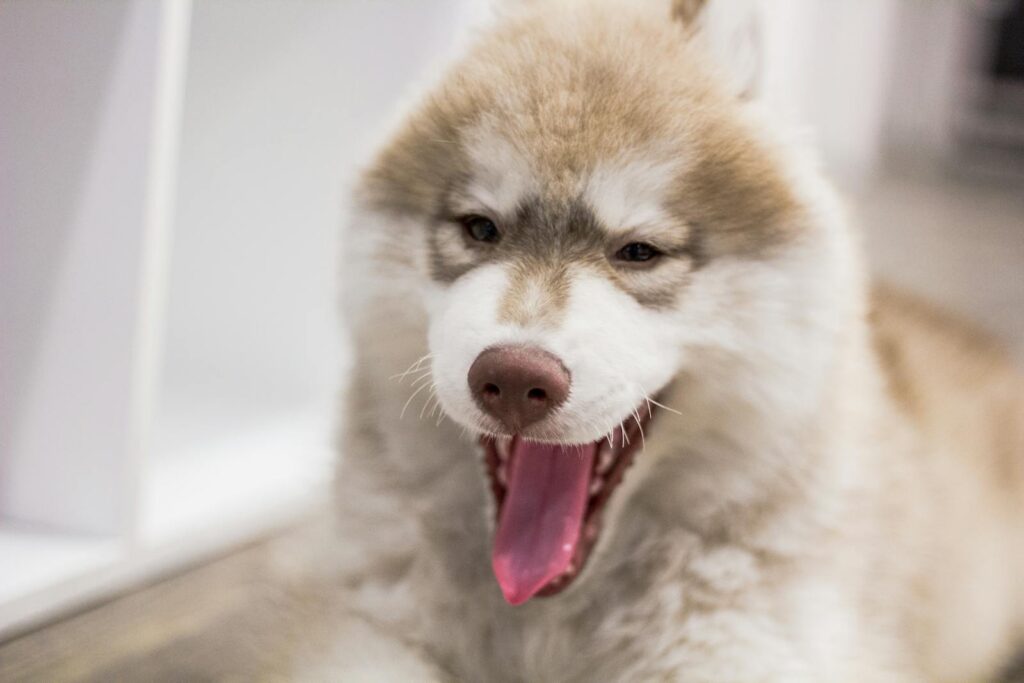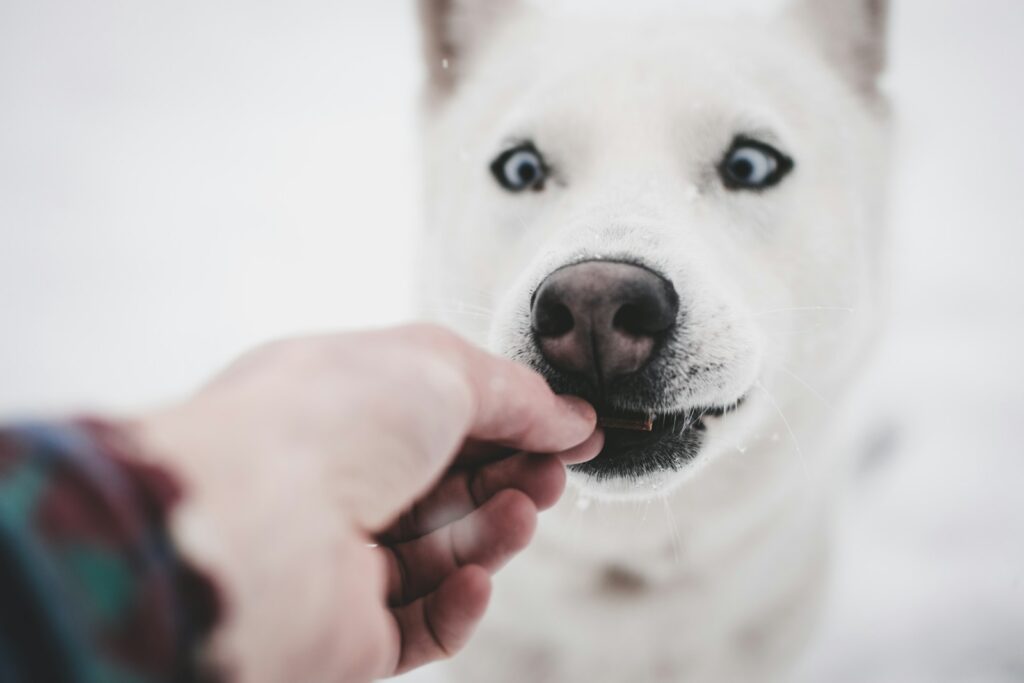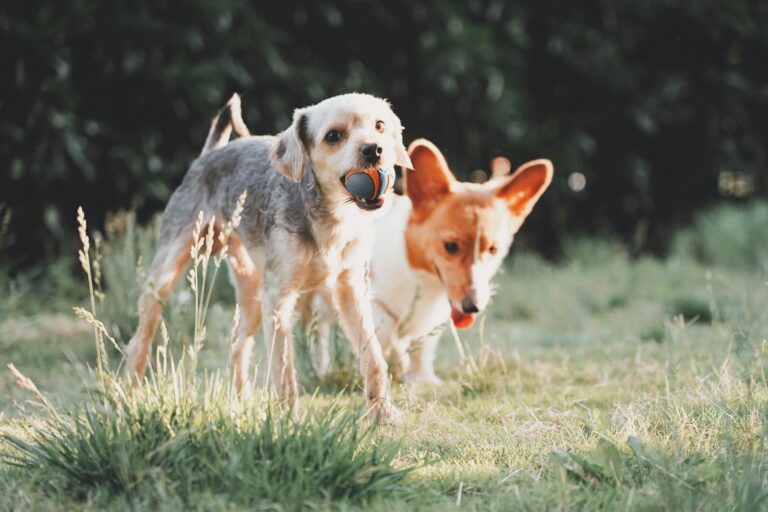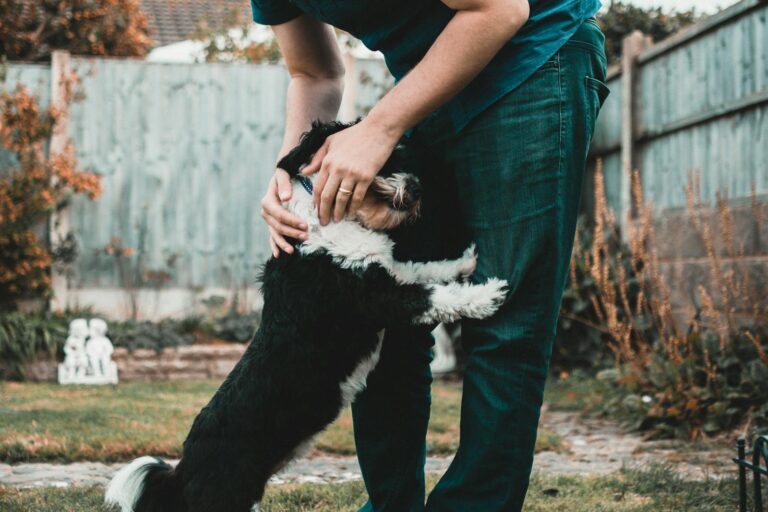How to Handle a Stubborn Dog During Training

Training a dog isn’t always smooth sailing—especially when working with a stubborn or independent-minded pup. Some dogs seem to ignore commands, lose focus easily, or challenge their owners during training. If you’re struggling with training a difficult dog, don’t worry—you’re not alone!
At Off Leash K9 Training Missoula, we help pet owners understand their dog’s unique personalities and use the best methods to encourage cooperation. In this guide, we’ll explore why some dogs resist training, effective training techniques, and when to seek professional help.
Why Some Dogs Resist Training
If your dog seems stubborn or uninterested in training, it’s important to understand why before getting frustrated. Common reasons include:
- Breed tendencies: Some breeds are naturally independent and less eager to please (e.g., Huskies, Shiba Inus, Terriers).
- Lack of motivation: Your dog might not find the reward valuable enough to engage in training.
- Inconsistency in training: If training isn’t reinforced consistently, your dog may ignore commands.
- Unclear communication: Dogs thrive on clear, concise cues—too much repetition or mixed signals can cause confusion.
- Distractions: If your training environment is too stimulating, your dog might struggle to focus.
Once you identify why your dog is being stubborn, you can adjust your approach to work with their personality rather than against it.
Training Techniques for Stubborn Dogs
Find the Right Motivation
Every dog has a favorite reward—whether it’s treats, praise, or playtime. A stubborn dog might need a higher-value reward to stay engaged in training.
- Try using small, high-value treats like chicken or cheese.
- Some dogs respond better to toys or a favorite game instead of food.
- Vary your rewards to keep training exciting.
Pro Tip: If your dog is food-motivated, train before mealtime so they’re eager to earn treats!
Keep Training Sessions Short and Engaging
A stubborn dog may quickly lose interest in long or repetitive training sessions. Keep training:
- Short (5–10 minutes at a time)
- Frequent (multiple times per day)
- Fun and rewarding
If your dog starts to disengage, end on a positive note and try again later.
Use Clear and Consistent Commands
Dogs thrive on consistency—if you change cues or tone frequently, they may get confused.
- Keep commands simple and clear (e.g., always use “sit” instead of switching between “sit down” and “sit”).
- Say commands only once, then show them what to do instead of repeating.
- Use a consistent tone of voice—firm but encouraging.
Make Training a Game
Stubborn dogs may resist boring, repetitive training. Turn commands into interactive games to keep them engaged and motivated.
- Hide and Seek Recall: Call your dog from another room and reward them for coming.
- Obstacle Course Challenge: Teach commands while having your dog navigate a mini obstacle course.
- Find It Game: Hide treats or toys and encourage them to search.
Making training fun builds engagement and strengthens your bond!
Control the Training Environment
If your dog is distracted easily, start in a quiet place before introducing more distractions.
- Begin training indoors in a calm space.
- Once your dog is responding well, gradually add distractions (e.g., train in the yard, then at a park).
- Keep your dog on a leash during training in public areas to maintain control.
The Power of Patience, Consistency, and Positive Reinforcement
Stay Patient
Training takes time—especially with stubborn dogs. Avoid frustration, and remember that every dog learns at their own pace.
- Never punish or yell—this can create fear and resistance.
- Instead, redirect behavior and reward progress.
Be Consistent
Consistency is key when working with a difficult dog.
- Use the same commands and expectations every time.
- Have all family members follow the same rules to prevent confusion.
- Set a daily training schedule to reinforce behaviors.
Reward the Small Wins
Even small improvements deserve praise and rewards. Over time, consistent positive reinforcement helps stubborn dogs develop good habits.
When to Seek Professional Help
If you’ve tried these techniques and your dog is still resistant to training, it might be time to consult a professional trainer.
Signs You Need Professional Training
- Your dog ignores commands even with high-value rewards.
- They display stubborn behaviors like leash pulling, jumping, or nipping.
- Training sessions are frustrating and unproductive.
- You’re dealing with serious behavioral issues like aggression or anxiety.
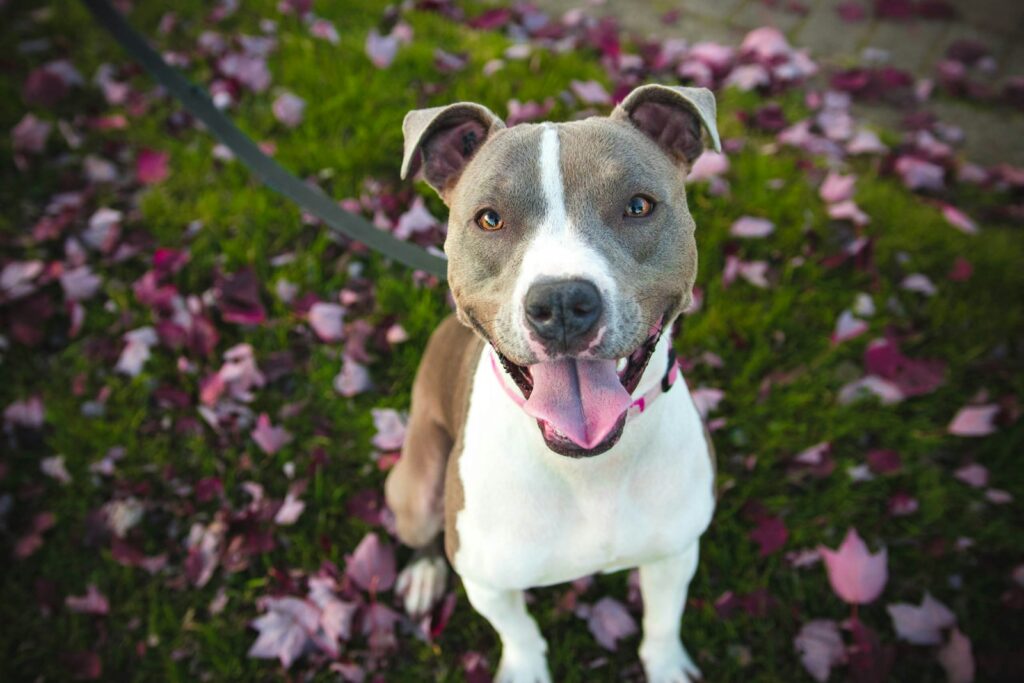
At Off Leash K9 Training Missoula, we create customized training plans designed to work with your dog’s personality and needs. Whether you have a strong-willed pup or a highly independent breed, we can help turn stubbornness into success!
📞 Call (406) 946-3037 or fill out our contact form to book a free consultation!
Let’s help your dog reach their full potential—one step at a time!

